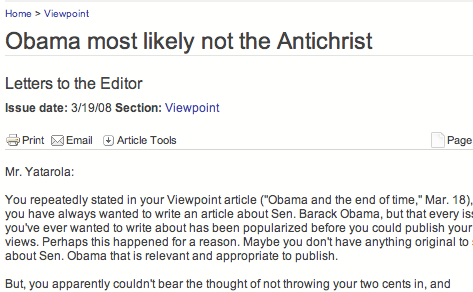Two quotes; one from “Wolfgang Munchau”:http://www.ft.com/cms/s/0/5fe5773a-f8eb-11dc-bcf3-000077b07658.html?nclick_check=1, the other from “Steve Clemons”:http://www.thewashingtonnote.com/archives/2008/03/america_exporte/, seem to me to resonate in interesting ways. First, Munchau:
Another factor that pushes in the same direction is the weakening of the US financial sector. This has been a crisis of Anglo-Saxon transaction-based capitalism. Not too long ago, it was considered to be vastly superior to the eurozone’s old-fashioned relationship finance. I doubt that in a few years’ time people will continue to assess the relative strengths of the Anglo-Saxon and continental European financial systems in quite the same way. I would also expect the eurozone economy to withstand the economic shocks of the credit crisis in relatively better shape.
Then Clemons:
As TWN readers know, I have been on a lot of international travel lately — to Beijing, Mumbain, Tokyo, Berlin, London, Brussels, and Tel Aviv. In all of these places, I met angry and frustrated finance ministry bureaucrats, central bankers, retail bankers, investment bankers, and other fund managers. All of them had a single message that rang a bit like the US accusing China of shipping out poisoned pet food and lead-paint covered toys. They said American regulators failed. “You exported poisoned financial products.” Most Americans have no idea how low American prestige had fallen in the world before the financial crisis — but for the mother ship of modern day capitalism to fail so badly in managing the social contract between economic stakeholders and the finance industry is yet another enormous blow to America’s ability to compel other nations to do as we do, or as we want.

